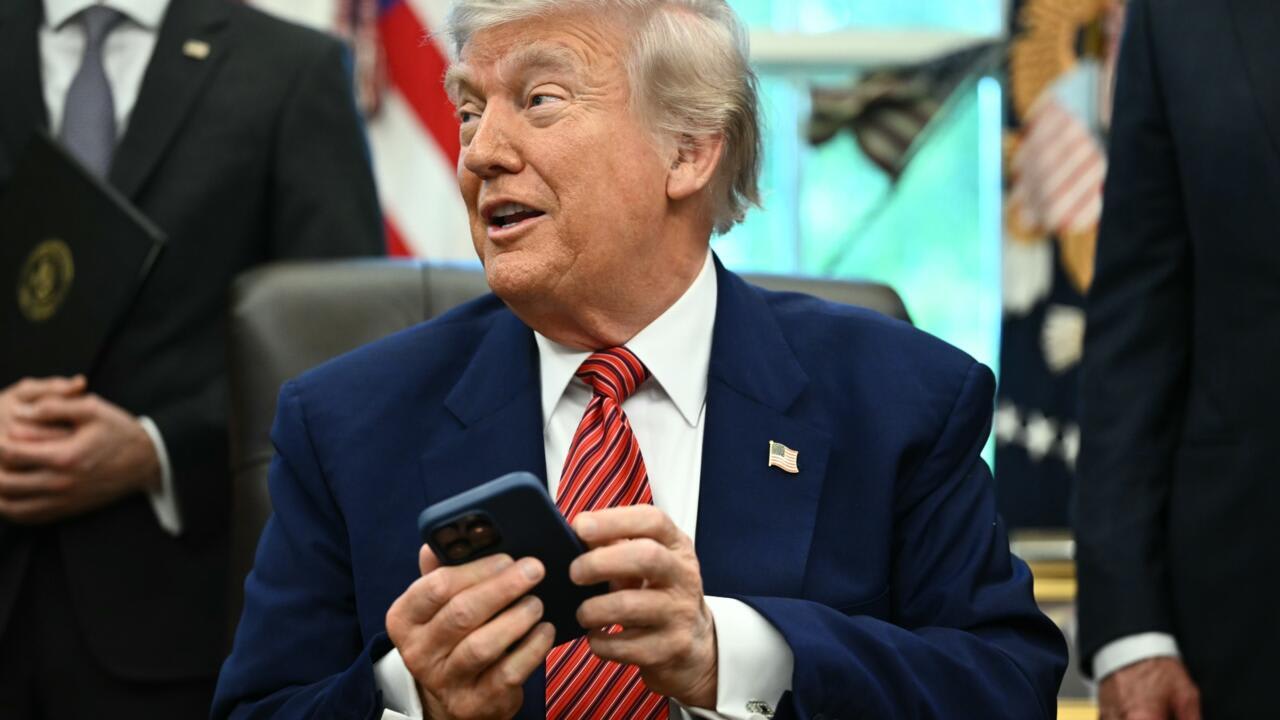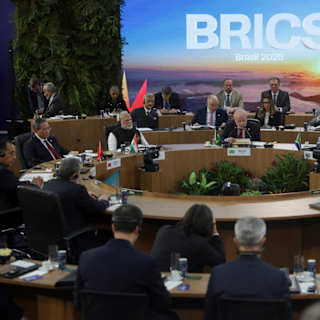- Countdown to Crisis
- Retaliation Strategy Takes Shape
- Escalating Trade War
- Aircraft Industry Crossfire
The European Union declared its intention to impose retaliatory tariffs on American products, including Boeing aircraft, if President Trump proceeds with a baseline 10% tariff on European goods, escalating trade tensions as negotiators race against a July 9 deadline.
EU Industry Chief Stephane Sejourne told Bloomberg News that the bloc "needs to retaliate and balance in key sectors if the U.S. insists on an asymmetrical deal," particularly if negotiations conclude with a 10% tariff remaining in place. According to reports, the EU now expects a 10% "reciprocal" tariff to be the starting point for an US-EU trade deal.

With only two weeks remaining before Trump's tariff deadline, the urgency has intensified across multiple fronts1. The European Commission is working to finalize an agreement with Washington before tariffs on nearly all EU exports to the U.S. rise to 50% on July 92. Currently, U.S. duties affect approximately €380 billion or 70% of EU exports to the U.S.2.
Trump has signaled potential tariffs as high as 50% on EU imports once various tariff "pauses" end on July 91. The threat comes after Trump secured a trade agreement with the United Kingdom last week, prompting EU counterparts to seek a similar arrangement1.
The EU has prepared a comprehensive response targeting American goods strategically. The bloc approved 25% retaliatory tariffs on €21 billion worth of US imports, set to take effect in phases, targeting products such as fruit juice, rice, textiles, and motorcycles12.
Beyond the immediate measures, the EU is preparing additional tariffs on €95 billion of American products, including aircraft, passenger cars, medical devices, chemicals and plastics23. The bloc's strategy includes targeting politically sensitive American states with duties on products like soybeans, poultry, and motorcycles4.
The current standoff represents the latest chapter in an escalating trade dispute that began with Trump's "Liberation Day" tariffs in April. Trump initially imposed a blanket 10% tariff on nations doing business with the U.S., plus additional "reciprocal" tariffs, hitting the EU with a 20% reciprocal tariff1.
European Commission President Ursula von der Leyen has warned that if negotiations fail by the end of the 90-day window, the EU would initiate what she described as "EU trade bazooka measures"2. She indicated that further countermeasures would target the United States's substantial services surplus with the EU2.
"We are preparing rebalancing measures to protect European businesses and workers if a fair solution isn't reached," stated EU trade chief Maros Sefcovic3.
The EU's retaliatory plan specifically targets Boeing aircraft, putting approximately 1,200 commercial planes currently on order by European airlines and leasing firms at risk1. This strategic move would impact roughly $120 billion worth of annual US imports12, striking America's largest manufacturing exporter at a particularly vulnerable time when it's already caught in trade tensions with China3.
German and French aerospace industries have aligned in supporting EU countermeasures that would target finished aircraft rather than spare parts, acknowledging the complex interdependence of transatlantic production lines4. The aviation sector is particularly sensitive as the EU imported about $20 billion of aircraft and parts from the US in 20241, making it a logical target for retaliation. EU Trade Commissioner Maroš Šefčovič has emphasized that while a negotiated solution remains the preferred outcome, the bloc is "under no pressure to accept an unfair tariff deal" and is prepared with "all options on the table"1.



